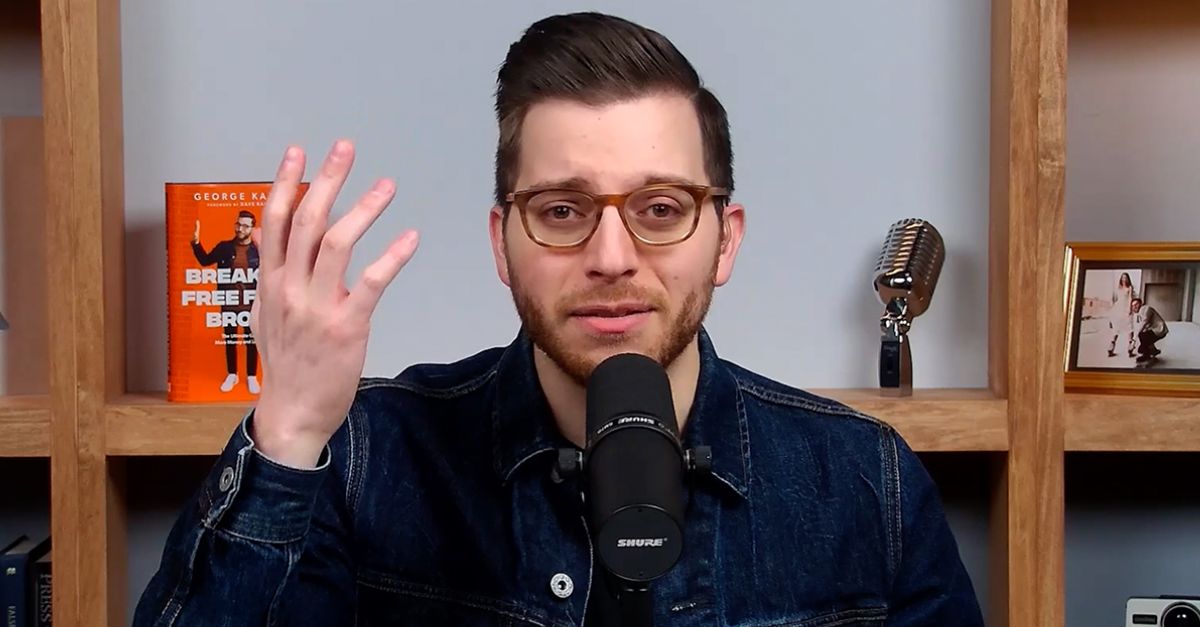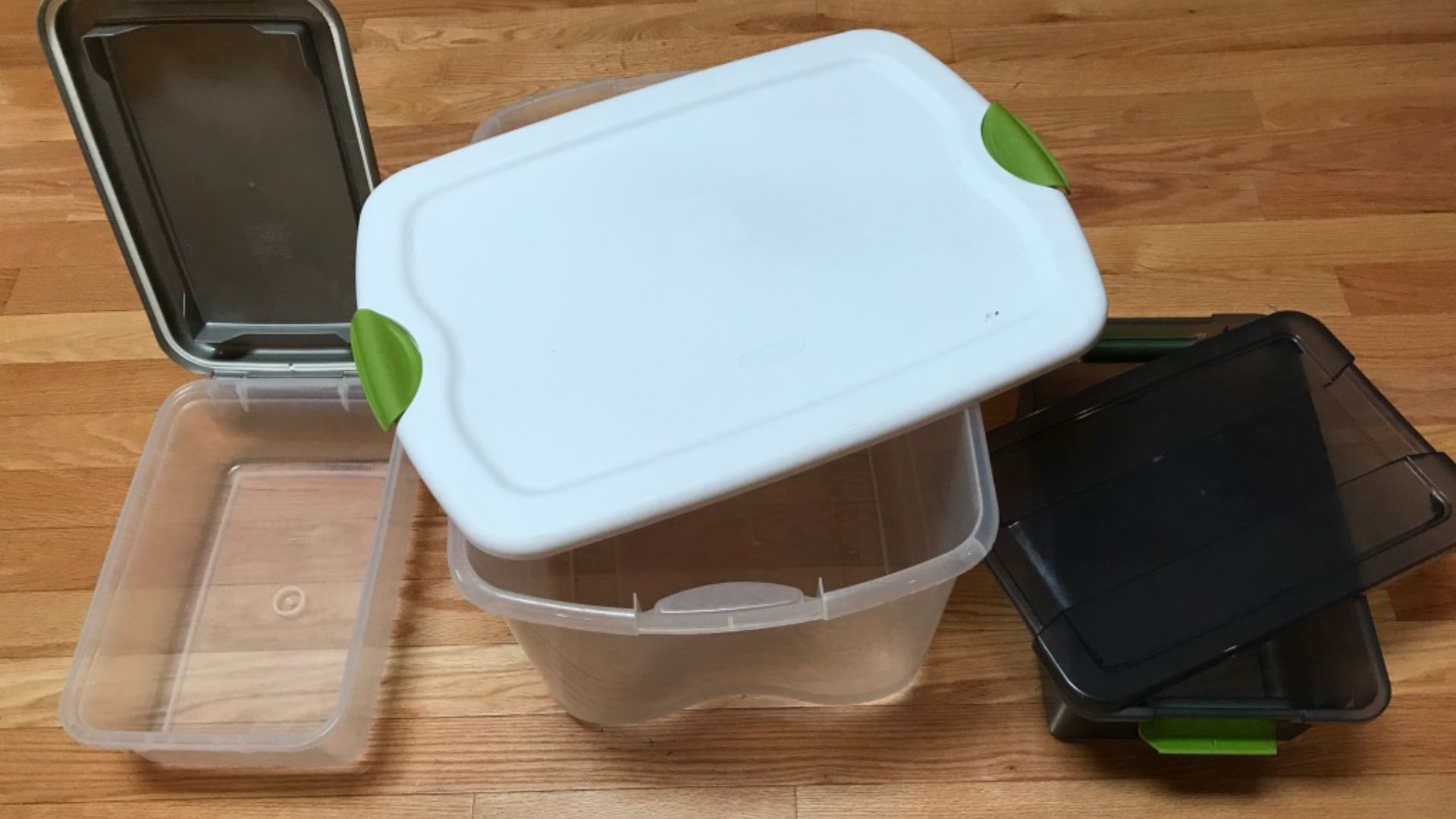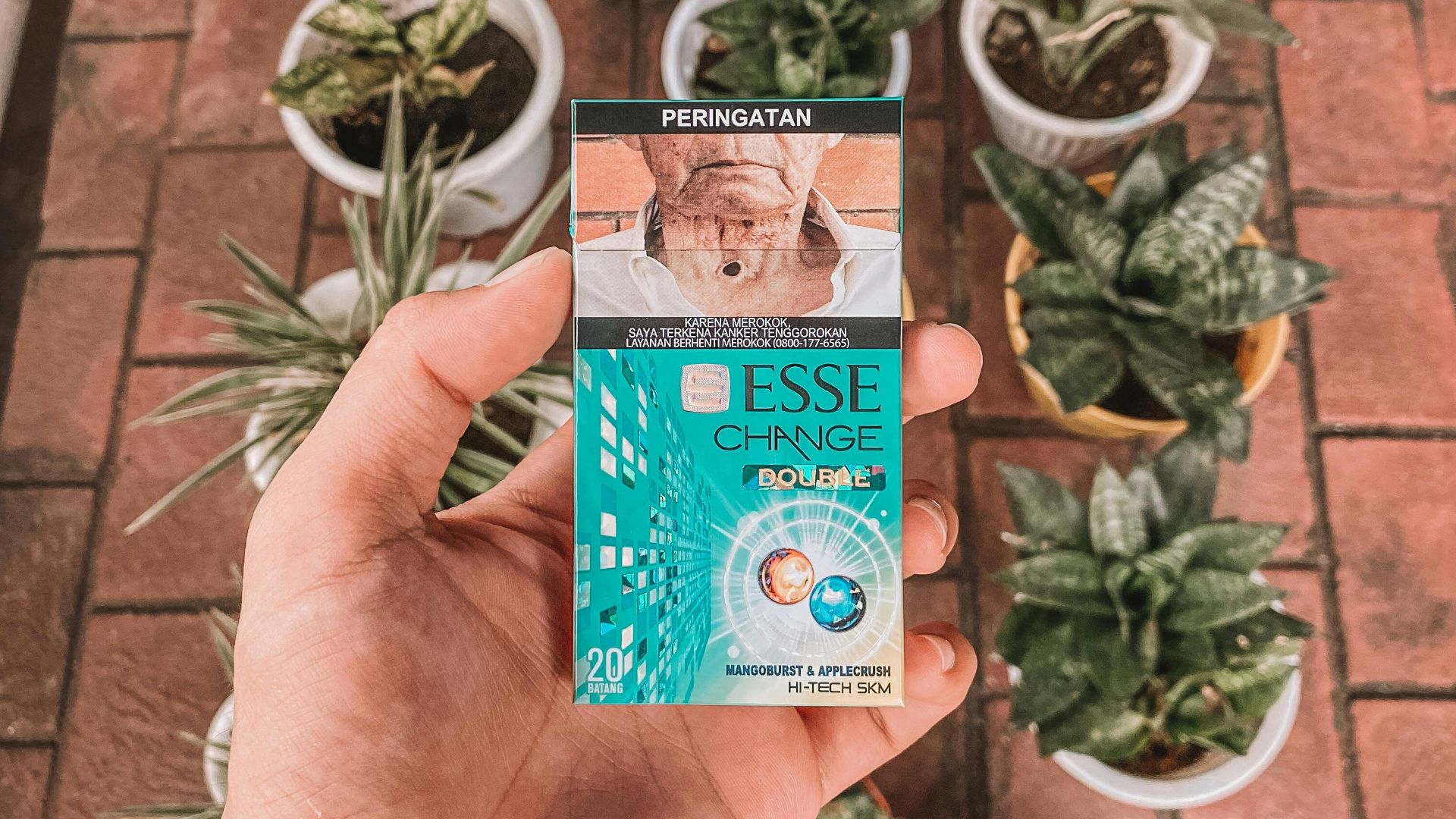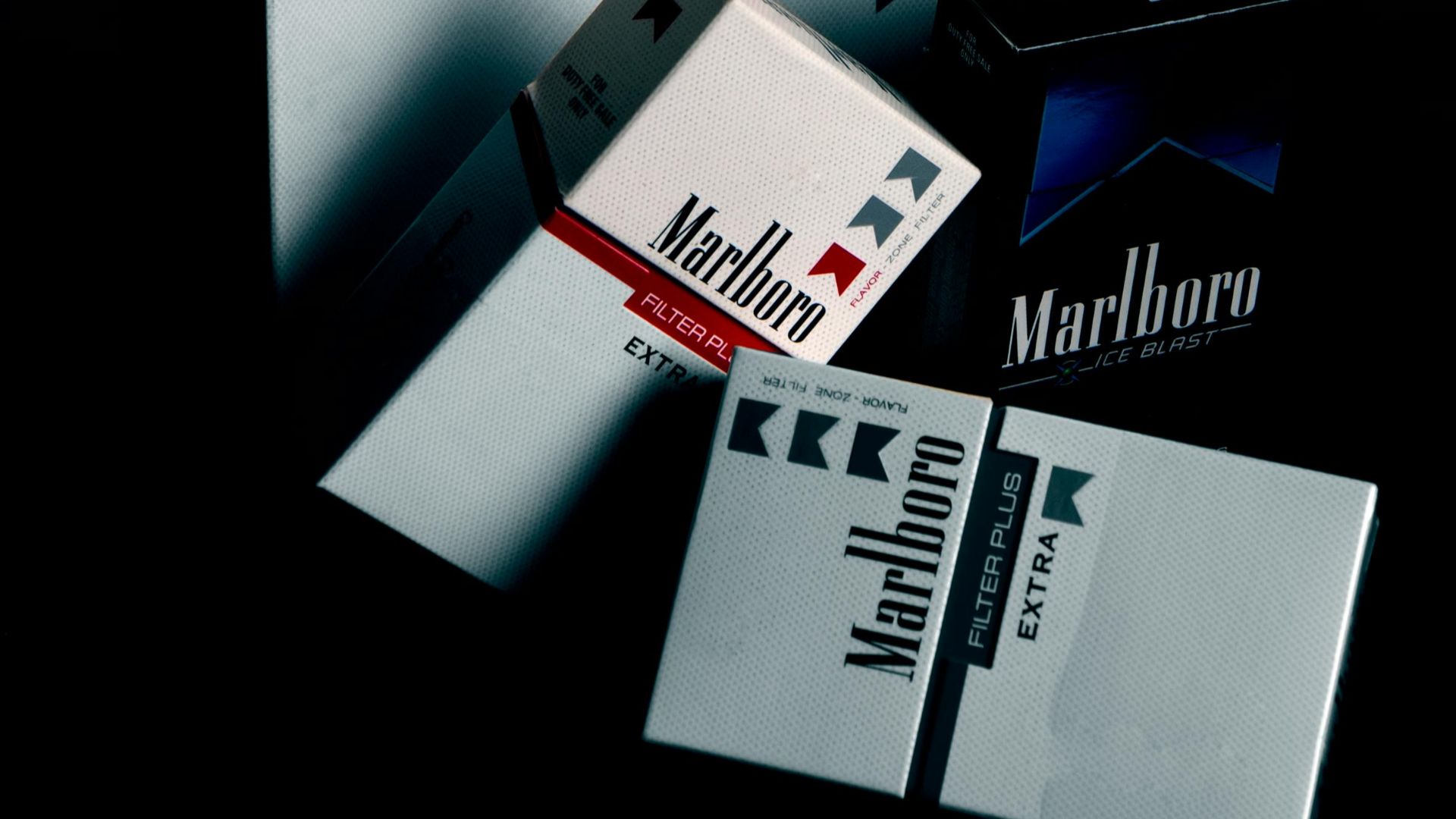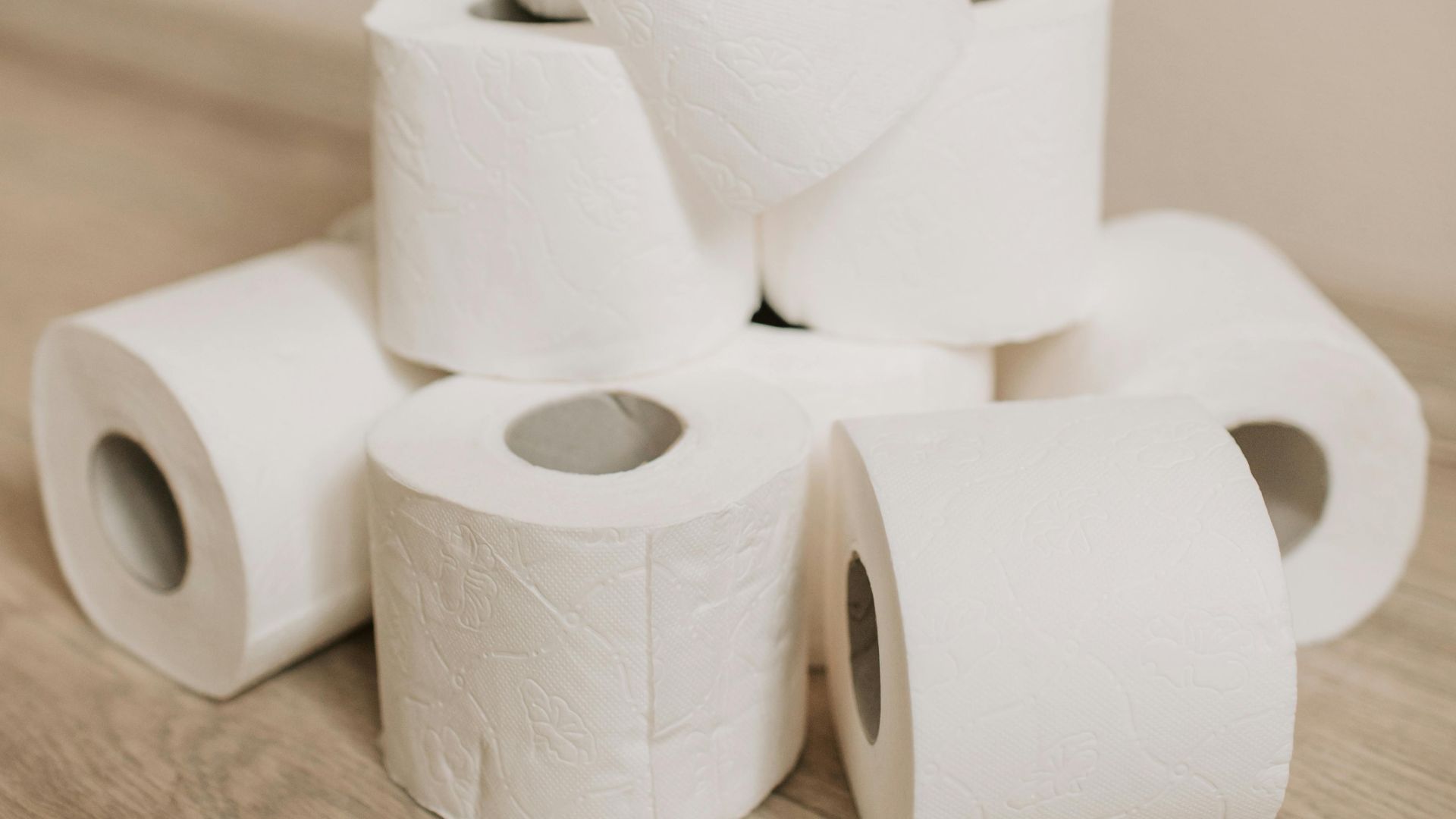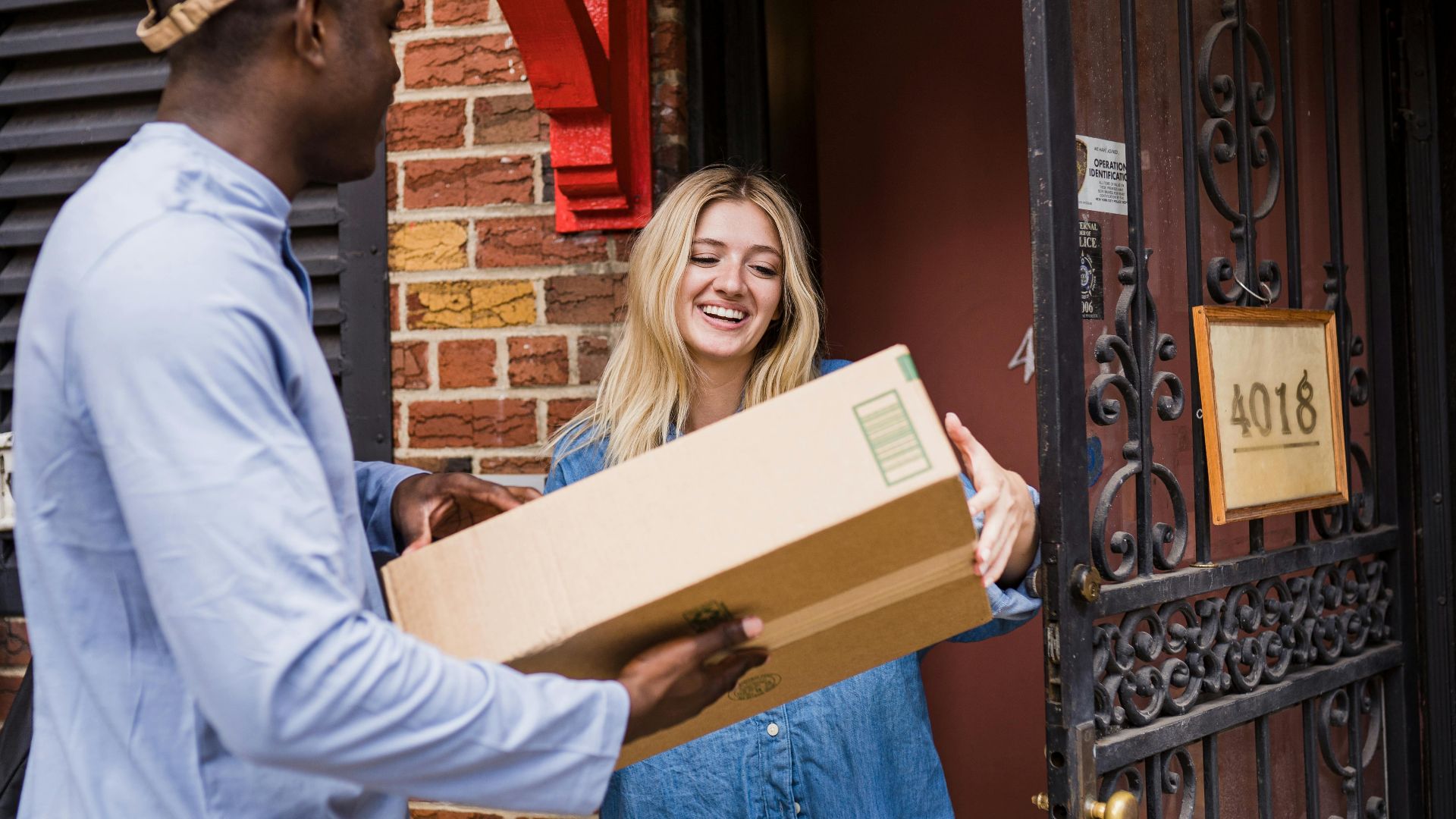Savvy Spenders Stopped Buying These
George Kamel, a prominent voice in personal finance, recently spotlighted a revealing trend among penny-wise Americans. Everyday purchases—some long considered non-negotiable—are being reconsidered and even abandoned.
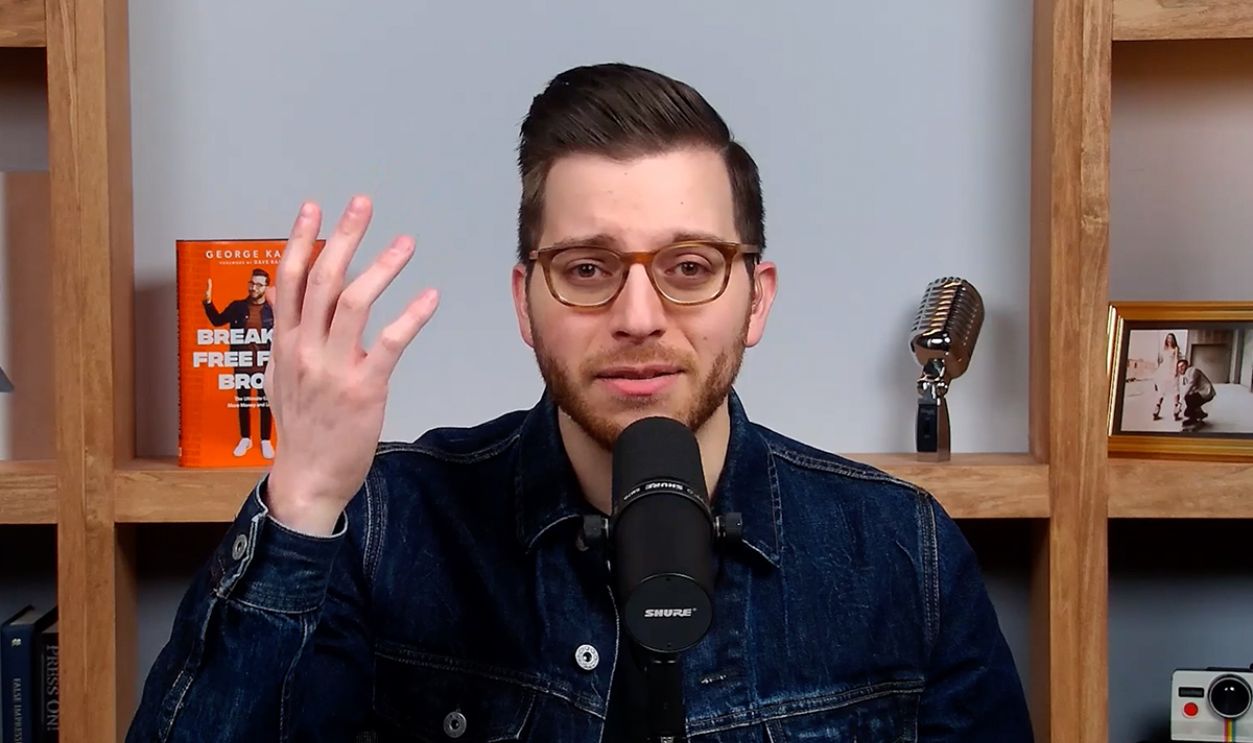
Plastic Storage Containers
Many households accumulated dozens of plastic storage containers over the years—often mismatched and barely used. In 2024, frugal consumers began rethinking this habit, with a noticeable shift toward glass alternatives. Glass containers not only last longer but also resist stains and are safer for microwave use.
 Ibrahim Plastic Industry ( IPI ), Pexels
Ibrahim Plastic Industry ( IPI ), Pexels
Plastic Storage Containers
Bonus: they’re more environmentally sound, too, as they reduce dependence on petroleum-based plastics. George Kamel endorses this switch, highlighting its long-term practicality. While the upfront cost may be higher, durability and health benefits outweigh the expense in the long run.
Bottled Water
Americans spend billions on bottled water annually, often overlooking its cumulative cost. Frugal individuals took a stand last year by favoring tap water filtered through systems like Brita or investing in high-efficiency purifiers. Kamel called out the steep price tag of systems like reverse osmosis but still recognized the financial logic over time.
Bottled Water
Though he admitted he hasn’t fully abandoned bottled water himself, he encourages more practical options for budget-conscious families. By avoiding single-use plastics and cutting recurring costs, switching to filtered water isn’t just economically savvy; it's also environmentally responsible.
Cigarettes
Cigarettes remain one of the most expensive habits in the US, with prices too high in states like New York. In 2024, many individuals made the decision to quit. This wasn’t just for health but to reclaim financial control.
Cigarettes
Logically, Kamel strongly supports this choice, as he points out the staggering annual cost for regular smokers. Beyond the money, quitting reduces long-term healthcare expenses and improves quality of life. With support resources more accessible than ever, this decision is economically and personally empowering for those seeking change.
Concert Tickets
Who doesn’t enjoy the magic of live music? But for many, the magic came with sticker shock. Rising ticket prices—fueled by dynamic pricing models and high demand—turned concerts into luxury events. George Kamel sympathized with fans opting out, noting that recent shows often failed to justify the cost.
Concert Tickets
Whether it’s $400 to see Beyonce or unexpected processing fees, the experience increasingly feels inaccessible to the average American. Instead, listeners are turning to intimate local venues or digital performances. For penny-wise consumers, skipping the spectacle doesn’t mean giving up music. They can still find joy without the debt.
Paper Towels
Paper towels are a convenience many households rely on, but in 2024, some consumers reconsidered the cost and waste. High usage, especially among families, translates into frequent purchases that add up fast. Reusable alternatives like microfiber cloths or washable rags became popular substitutes.
Paper Towels
However, Kamel admitted he still buys them in bulk due to life with dogs and a toddler, though he tries to reuse them when possible. The decision to stop or reduce paper towel use might not be feasible for everyone. Nevertheless, for those who want to stretch their paychecks, cutting back could make a difference.
Soda At Restaurants
Ordering soda at a restaurant may seem harmless, but the markup is among the steepest in the food industry. A single glass often costs $3–$5, significantly more than retail value. In 2024, many budget-conscious diners skipped this add-on and opted for water instead.
Soda At Restaurants
As a matter of fact, Kamel called soda at restaurants one of the “biggest ripoffs" and pointed out its negligible nutritional value and inflated price. This change can save hundreds annually for families that dine out frequently. It’s a subtle habit shift that aligns with health-conscious living and smart financial planning.
Salon Services
Haircuts, coloring, blowouts, and manicures often come with a high price tag, especially at premium salons. For many Americans, scaling back on these services became a strategic financial move. DIY alternatives, including home hair-cutting kits and online tutorials, are more accessible than ever.
Salon Services
Although basic grooming can be handled at home, people must also consider the potential downsides when mistakes happen. Kamel suggests a balanced approach: limit appointments, seek affordable providers, or learn selective skills. If maintained sensibly, this area offers considerable savings without completely giving up on personal care.
Real Christmas Trees
The scent of pine and the ritual of picking a real Christmas tree bring nostalgia but at a growing cost. Many budget-savvy households moved to artificial trees in 2024 to avoid these annual expenses. George Kamel, who’s tried both, approves of this switch for its practicality.
Real Christmas Trees
Artificial trees may lack the sensory appeal of real ones, but they require just one purchase to last many years. Given the added convenience and long-term savings, especially for families, this decision offers a strong return. It’s one of those Christmas traditions that can evolve without losing meaning.
Seasonal Decor
Festive seasonal decor can brighten any space. However, it often leads to impulsive spending. This is why many consumers reined in their purchases after realizing that rotating decorations for every holiday adds up quickly. Kamel supports this mindset, stressing that while joy and aesthetics have value, overspending doesn’t.
Seasonal Decor
Americans often feel pressured to keep up visually with trends on social media, but Kamel encourages thoughtful restraint. Repurposing or crafting decorations can preserve the celebratory spirit without draining your wallet. This shift is about finding contentment and creativity without attaching every season to a new shopping spree.
Packaged Food Seasoning
Pre-mixed seasonings like taco or ranch packets offer convenience but carry hidden costs. Shoppers who wanted to save began skipping these items and chose instead to blend their own using bulk spices. This strategy offers savings over time and allows for ingredient control.
 Kolforn (Wikimedia), CC BY-SA 4.0 , Wikimedia Commons
Kolforn (Wikimedia), CC BY-SA 4.0 , Wikimedia Commons
Packaged Food Seasoning
But Kamel admitted it’s not a priority for him. For the average cook, buying seasoning packets may still feel justified for the time they save. Still, for those who cook frequently and want more control over cost and flavor, going the DIY route is economical and customizable.
Dog Toys
Pet owners often find themselves splurging on toys their dogs quickly ignore or destroy. In 2024, many penny-wise households reconsidered these purchases, especially with prices rising in boutique pet stores. Kamel echoed this sentiment, pointing out that most dogs are just as happy with a sock or an empty water bottle.
Dog Toys
With creativity, pet playtime doesn’t need to come from a checkout aisle, but the shift isn’t about depriving pets. It’s more about understanding what actually brings them joy. Prioritizing durability and repurposing household items can offer the same fun at a fraction of the cost, all while reducing unnecessary spending.
 Radosław Drożdżewski (Zwiadowca21), Wikimedia Commons
Radosław Drożdżewski (Zwiadowca21), Wikimedia Commons
DoorDash
Convenient? Absolutely. Affordable? Not really. DoorDash and other delivery platforms are extremely popular, but service fees and delivery charges often turn modest meals into expensive indulgences. In 2024, many frugal Americans opted out, citing a burrito could cost double the price.
DoorDash
George Kamel strongly agreed, calling it a budget-buster best used only in emergencies. The alternative? Picking up takeout directly or simply cooking at home. Delivery saves time, but it sacrifices long-term financial health. Cutting this habit also encourages more intentional and often healthier eating decisions.

